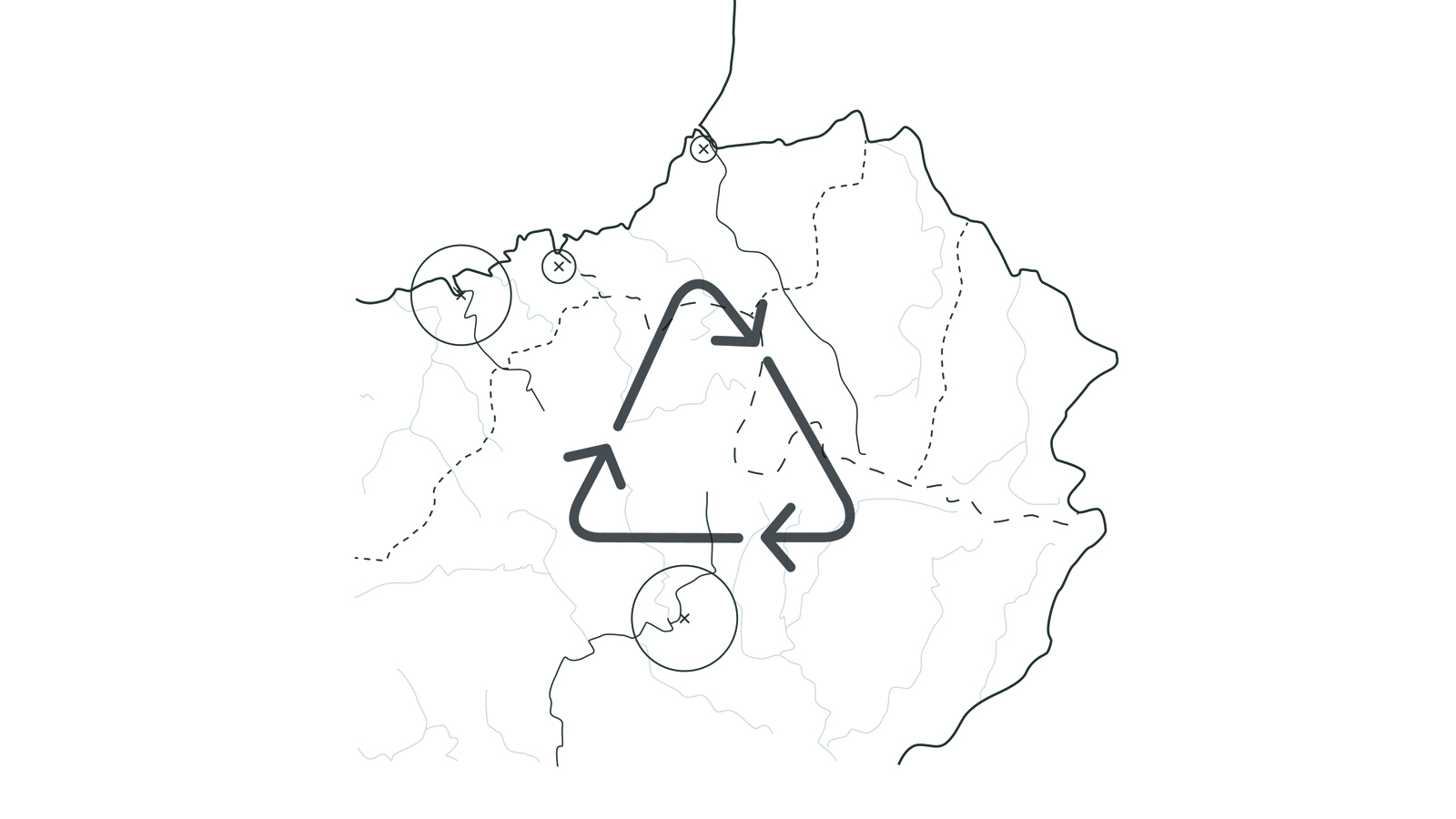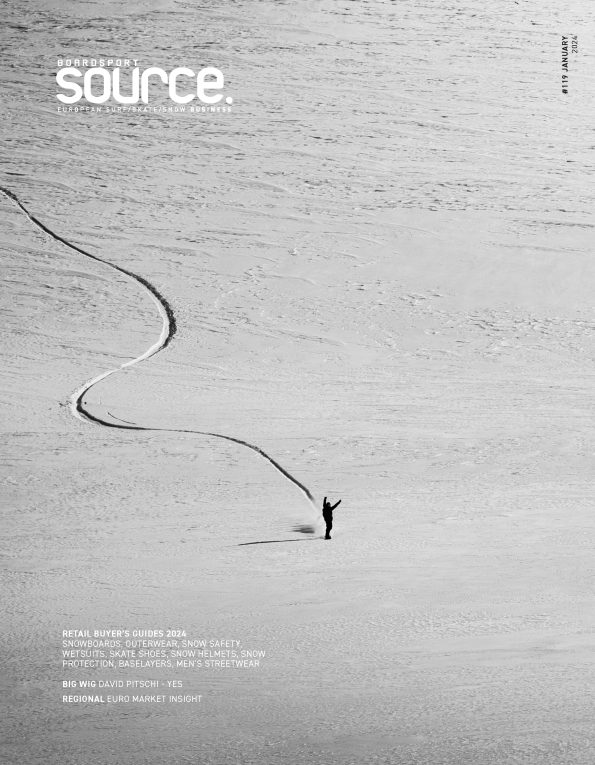
Bayonne CCI Promotes Circular Economy In SW France
Bayonne CCI help businesses setup in SW France and this last year they’ve placed a real focus on the circular economy. Read on to see case studies and to find out how Bayonne CCI can help your business thrive in the Basque Country.

Bayonee CCI SOURCE Illustration
Please talk to us about the circular economy you are promoting in SW France.
In recent years we have seen strong urgency towards ecological and social awareness from players within the action sports and textiles/fashion supply chain. What started off as a way to stand out from the competition, has quickly become an unassailable sales argument to appeal to a public who want clothes that are more environmentally friendly.
There are three strong trends that present three different market opportunities: Eco-designing items of clothing that have as little impact on the environment as possible using bio sourced or recycled materials. The second, life of clothes having been bought from new and then finding a new owner. The third is clothing rental, a timid but fast-growing trend for those who scoff at the thought of possessing their own clothes.
When it comes to eco-design, certain precursors spring to mind as examples, notably Patagonia in the United States and Picture in France. Many young companies have taken up this challenge and are looking to go even further than the big guns since their textiles are produced locally and for a local clientele. We have identified the need to create a value chain that covers all the manufacturing links, from weaving and tailoring through to logistics and sales. Decisions had to be made to bring back the first links in the chain that had all gone to China, Turkey or Portugal.
What territorial scale are you working on?
We are assuming responsibility and sharing common values applied throughout a territory like Europe. But we chose to devise this on a Basque Country scale by launching a cross-border cooperative project between the Basque Country in Spain and France. We have identified the different players present and have observed the shortcomings in this value chain. We now deal with businesses in wider southwest France, convincing them to come and complete the chain here.
What are the benefits to the brands involved?
The brands involved in this re-localisation process stick closely to customer expectations, safeguard local supplies and are more flexible in innovating products by forming local partnerships.
Please give us some examples of successful implementation.
Some brands were either born in the Basque Country or have come to settle here to find a favourable eco system. LASTAGE http://www.lastage-concept.com/) is a brand born in Biarritz in 2012. They eco-design products, closely following principles of Corporate Social Responsibility (CSR). They will release a new product that will take this even further and are innovating sales models, meetings carried out by ambassadors/sales agents and have created the first surf shop focussed on the circular economy. Business leaders regularly share their experiences with other young entrepreneurs, like the people behind Hopaal.
Hopaal (https://hopaal.com/), who we helped set up in the Basque Country three years ago, also have this approach to creating clothes that are bio or from production offcuts, like their latest merino jumper for example. The first items were made from bio cotton recycling in India and nowadays the entire manufacturing process has relocated to the south of France. They innovated by selling their first products on crowdfunding sites in order to optimise the company’s cash flow and to launch production with guaranteed orders.
Patatam.com made a real breakthrough in the world of reused clothing within the children’s niche and now they cater for women.
Modames (https://www.modames.com/) is a young company that set up two years ago in the Basque Country. They offer wardrobes to women who are subscribed to their site and, inspired by requests from their customers and businesses such as Patatam, could quickly offer a Vinted(Lithuanian online marketplace and community)-type alternative, 100% customised ethical fashion.
How else can Invest Basque country help brands set up in SW?
Our goal is to meet up with businesses throughout the world and to put them in touch so that they can mutually inspire one another. We put at their disposal the means to collaborate with and source as locally as possible from ethical companies.
We also put localised skills at their disposal, covering fields including design, patronage, cut, prototyping, production and sales
What have been the most interesting developments in the SW economy in the past 12 months?
Although the majors are experiencing a lot of upheaval, they have scattered skills throughout the Basque Country and we are here to help to convince those people to create start-ups and become entrepreneurs. These business leaders have incredible experience and new ideas on how to gel with the market better.
What opportunities and threats do you foresee in the coming 12 months?
We’re seeing real development in a more honourable development model that has as much consideration for the environment as it does for human beings. It’s up to us to find the financial means to best accompany them and above all to help them find their market in France and in Europe, and even the United States.




